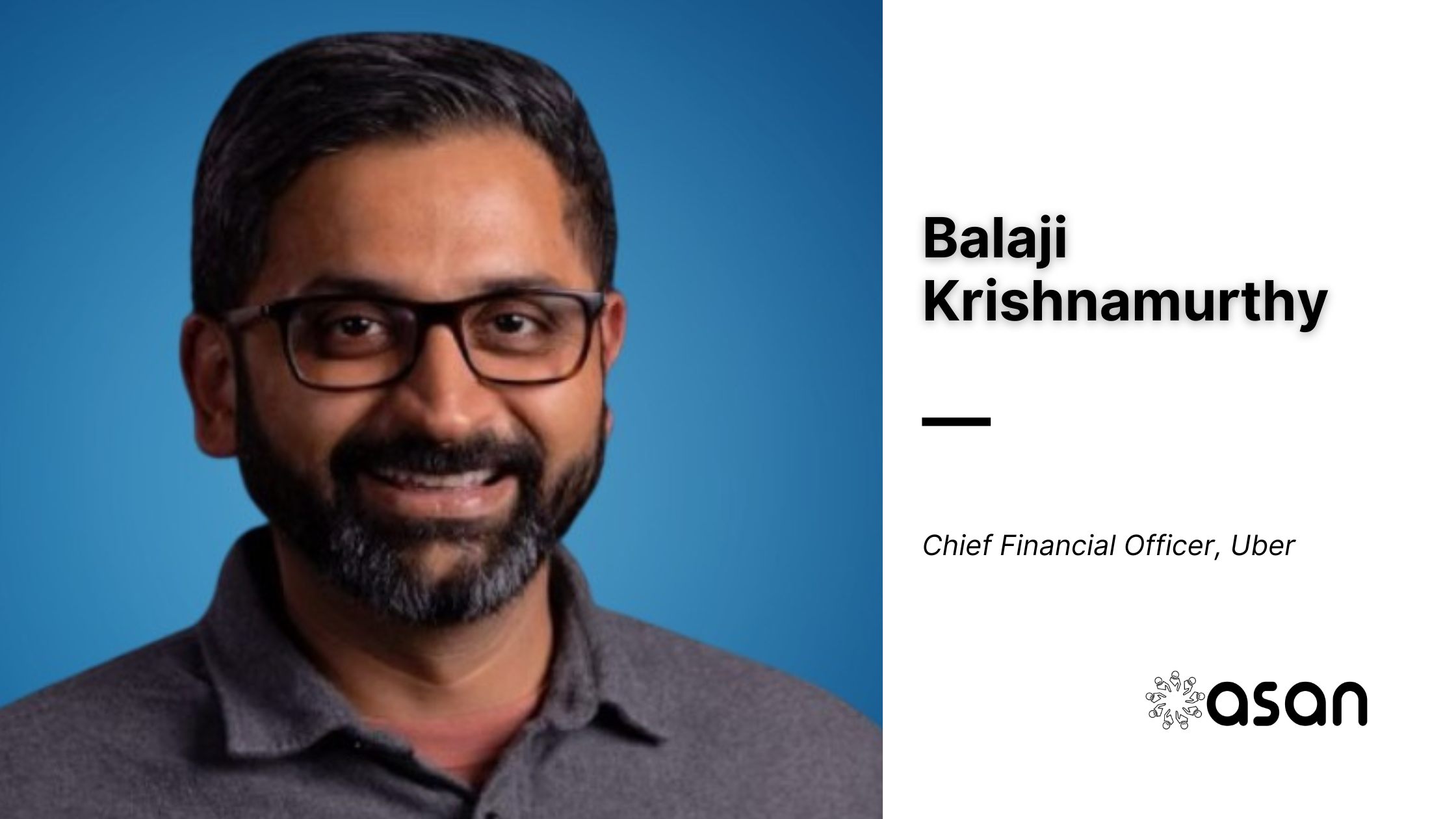Siva Komaragiri, a recent alumnus of Carnegie Mellon University’s Heinz College, is making waves in the U.S. healthcare industry.
By developing a mobile and web-based application called Emergency Medicine Milestone Application (EMMA), Komaragiri has revolutionized how emergency medicine residents are evaluated at Allegheny General Hospital (AGH), part of the Allegheny Health Network (AHN) in Pittsburgh.
Solving a Long-Standing Problem in Emergency Medicine Education
Before EMMA’s introduction in July 2024, post-shift evaluations at AGH were a tedious and often neglected task.
With emergency physicians attending to as many as 30 patients per shift, completing resident evaluations was low on the priority list, resulting in a mere 19% completion rate.
Despite attempts with paper forms and QR-code-based systems, the feedback process remained cumbersome, leading to inconsistent resident assessments and gaps in training quality.
Recognizing the urgent need for a more effective solution, emergency medicine physicians Dr. Robert Sobehart, Dr. Aleta Mizner, and Dr. Shiv Dua collaborated with Carnegie Mellon University’s Heinz College to address the issue.
Enter EMMA: The Emergency Medicine Milestone Application
Funded by a grant from the Academic Affairs Committee of US Acute Care Solutions, EMMA was developed by Siva Komaragiri during a summer internship at AGH, and later enhanced through a fall capstone project with fellow Heinz students.
The app facilitates real-time, structured feedback by prompting physicians and residents to complete a brief four-question evaluation after each shift. The questions include:
- Two true-or-false items
- A short written response
- A rating from novice to expert in a topic area
To ensure consistency and reduce bias, EMMA uses a weighted random assignment for topic areas based on a resident’s year of training.
For example, second- and third-year residents are more frequently assessed on advanced competencies like trauma resuscitation.

Boosting Evaluation Rates and Improving Resident Training
Since EMMA’s implementation, the post-shift evaluation completion rate at AGH has skyrocketed from 19% to 75%, improving the feedback loop for both residents and attending physicians.
The Accreditation Council for Graduate Medical Education (ACGME) mandates timely evaluations as part of its residency program standards. With EMMA, AGH now collects better data and provides more actionable insights into resident performance.
According to Dr. Shiv Dua, the app also meets the evolving expectations of modern residents, who prefer more frequent and personalized feedback. “Now, we have specific prompts to catch people when they need to make improvements before they graduate,” he said.
Smart Features Powering the Feedback Process
EMMA isn’t just a static evaluation tool, it incorporates advanced Natural Language Processing (NLP) to summarize feedback and generate reports. These insights can be used to:
- Benchmark performance against peers
- Identify skill gaps
- Assist physicians in meeting ACGME reporting requirements
Notifications are sent immediately post-shift and again after six hours if an evaluation is not completed, making the process seamless and timely.
Designed with Physicians in Mind
During his internship, Komaragiri conducted on-site research at AGH to understand the challenges physicians faced. This groundwork enabled the team to build a user-friendly, full-stack application tailored to their workflow.
The app allows for:
- Secure user management (add/remove users)
- Creation of evaluation topics
- Automatic report generation
The backend infrastructure was further enhanced during the spring 2025 semester, with a focus on stability and integration.
A Model for the Future of Medical Training
Komaragiri and his team envision expanding EMMA’s capabilities. Upcoming features under consideration include:
- An AI-powered predictive analytics module to flag residents in need of support
- Enhanced admin features for easier ACGME compliance
- Integration with other hospital departments and residency programs
Interest in EMMA has already grown beyond AGH, with other departments exploring its adoption and the app receiving attention at healthcare conferences.
A Career Rooted in Purpose
Komaragiri chose CMU’s Master’s in Health Care Analytics and Information Technology (MSHCA) program because of its real-world focus.
His EMMA project represents exactly what the program aims to achieve, applying data science and tech innovation to solve pressing healthcare challenges.
“Helping patients brings me happiness. As long as my job fulfills this criteria, I am happy to do it,” Komaragiri said.
Final Thoughts
EMMA stands as a shining example of how health tech innovation, when informed by real-world challenges and academic collaboration, can dramatically improve outcomes in healthcare education.
By streamlining emergency medicine evaluations, the app empowers both residents and physicians, ultimately leading to better-trained doctors and improved patient care.



